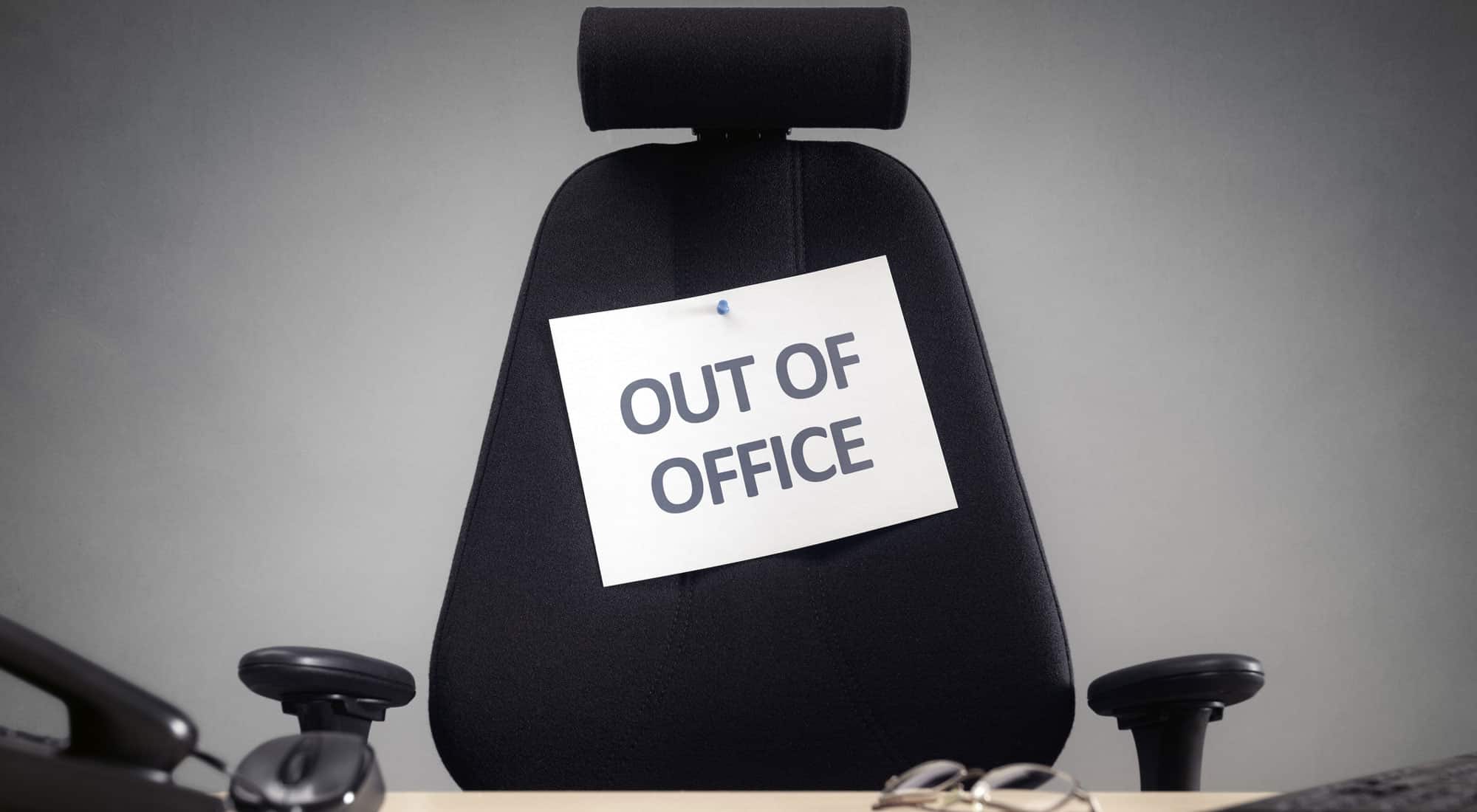By Alanna Hilbink
We get it. Stepping back from your life — from family, friends, and work — for any amount of time can seem overwhelming, impossible, or just something you’d prefer not to do. Yet most treatment programs ask you to do just this. So there must be a reason for it, right?
By taking a look at some of the most common concerns and questions people have, we can see why taking off work for residential treatment is so important.
Can I Continue to Work at My Job During Inpatient Treatment?
When considering rehab, one of your first questions is probably, Can I work if I’m in an inpatient treatment program? The typical answer is “no.” Most programs, including those here at The Meadows, ask you to step away from your job for this brief, healing period of time. They also do not allow cell phone or computer usage except in specific, approved conditions.
So while in some situations you may be able to continue with certain aspects or elements of your job, this is only after in-depth discussions with your treatment team have taken place.
Is Taking Off Work for Residential Treatment Worth It?
While you may be tempted to try to work while in treatment, there are good reasons not to. First of all, stepping back from work allows you to untangle yourself from your job. You may feel your work has zero impact on your mental health, or you may quickly realize just how much your job affects your life.
You may feel your work has zero impact on your mental health, or you may quickly realize just how much your job affects your life.
U.S. News & World Report shares that so many job factors can contribute to stress and addiction, from work pressure to peer pressure to the job itself. And if you don’t have healthy coping skills, you quickly turn to unhealthy ones. This creates a cycle of being unable to manage stress and then turning to activities or substances that leave you feeling even more out of control and overwhelmed.
Stepping out of this cycle is essential if you want to be able to take an objective look at the role of work in life. Your treatment team will help you put your job in perspective and see if and how it is impacting your health. Together, you will come up with ways for you to balance your personal life, recovery, and job.

Additionally, when taking off work for residential treatment, you give yourself time and space to focus on you, and this is what you really need for a solid base for your recovery.
“Clinical experience has shown that when patients in our care attempt to run or participate in a business remotely, such distractions are detrimental to the healing process,” says The Meadows’ Executive Director Jerry Law.
If you continue to work in any capacity, you won’t be giving your full attention to your treatment. You’ll be thinking about the next work meeting, assignment, or what you “should” be getting done. However, the truth is what you “should” be getting done is exactly what you will be doing: acknowledging your need for support, getting help, and getting better.
Additionally, access to the internet through phone or computer can set you back. You may be convinced it will be used for work and work only, but the internet is full of triggers for those with sex addiction and other behavioral addictions. The internet itself can even be addictive or hinder treatment. Just as there are no drugs or paraphernalia allowed in treatment, there is no or limited use of personal technology.
Can I Lose My Job If I Take Time Off Work for Rehab?
When considering inpatient treatment, you may be concerned about being demoted or even losing your job if you take time off. The Family and Medical Leave Act (FMLA) exists to protect you and your loved ones while you get care for a serious physical or mental health condition. And yes, addiction counts as a serious mental health condition.
The US Department of Labor explains that if you’re covered by FMLA, your job will be protected for up to 12 weeks if you require inpatient care, and that leave is also protected for follow-up care such as meetings with a psychologist or social worker.
And FMLA even helps you if you are a family member: You are also guaranteed protected leave to take your loved one to appointments, attend family therapy sessions, or just support them as they transition back home. Not all employers and employees are eligible, but if you are, this is a great guarantee that your job will be there after you get the treatment you need.
You’ll be surprised at the personal and professional opportunities that open up once you are no longer giving most of yourself to addiction.
If your employment is not covered by FMLA, your employer may still be more than willing to work with you in order to keep a great employee, and in fact get an even healthier, happier, and better one back after treatment. If not, a temporary cut in pay or position is always worth recovery and a lifetime of good health. You’ll be surprised at the personal and professional opportunities that open up once you are no longer giving most of yourself to addiction.
How Do I Take Time Off Work for Rehab?
At The Meadows, we want you to have every opportunity to succeed. We understand it can seem overwhelming or impossible to step back from your job responsibilities for a few weeks, which is why we are here to help you arrange time off work for rehab.
Reach out to us to learn more about balancing your job and your recovery, and how we can help you build a stable and successful future. You don’t have to continue living in an endless cycle of wishing things were different. Our caring professionals and evidence-based treatment model will show you that hope and healing is possible at The Meadows.



